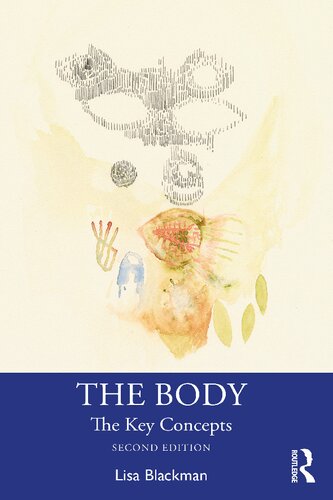

Most ebook files are in PDF format, so you can easily read them using various software such as Foxit Reader or directly on the Google Chrome browser.
Some ebook files are released by publishers in other formats such as .awz, .mobi, .epub, .fb2, etc. You may need to install specific software to read these formats on mobile/PC, such as Calibre.
Please read the tutorial at this link: https://ebookbell.com/faq
We offer FREE conversion to the popular formats you request; however, this may take some time. Therefore, right after payment, please email us, and we will try to provide the service as quickly as possible.
For some exceptional file formats or broken links (if any), please refrain from opening any disputes. Instead, email us first, and we will try to assist within a maximum of 6 hours.
EbookBell Team

4.0
96 reviewsThoroughly updated and revised throughout with brand new chapters on affective bodies, indeterminate bodies, assemblaged bodies and a new conclusion, and featuring essay and classroom questions for classroom use, The Body: Key Concepts, Second Edition, presents a concise and up-to-date introduction to, and analysis of, the complex and influential debates around the body in contemporary culture. Lisa Blackman outlines and illuminates those debates which have made the body central to current interdisciplinary thinking across the arts, humanities and sciences. Since body studies hit the mainstream, it has grown in new regions, including China, and moved in new directions to question what counts as a body and what it means to have and be a body in different contexts, milieu and settings. Lisa Blackman guides the reader through socio-cultural questions around representation, performance, class, race, gender, disability and sexuality to examine how current thinking about the body has developed and been transformed. Blackman engages with classic anthropological scholarship from Nancy Scheper-Hughes and Margaret Lock, revisits black feminist writings from the 1980s, as well as engaging with recent debates, thought and theorists who are inventing new concepts, methods and ways of apprehending embodiment which challenge binary and dualistic categories. It provides an overview of the proliferation of body studies into other disciplines, including media and cultural studies, philosophy, gender studies and anthropology, as well as mapping the future of body studies at the intersections of body and affect studies.